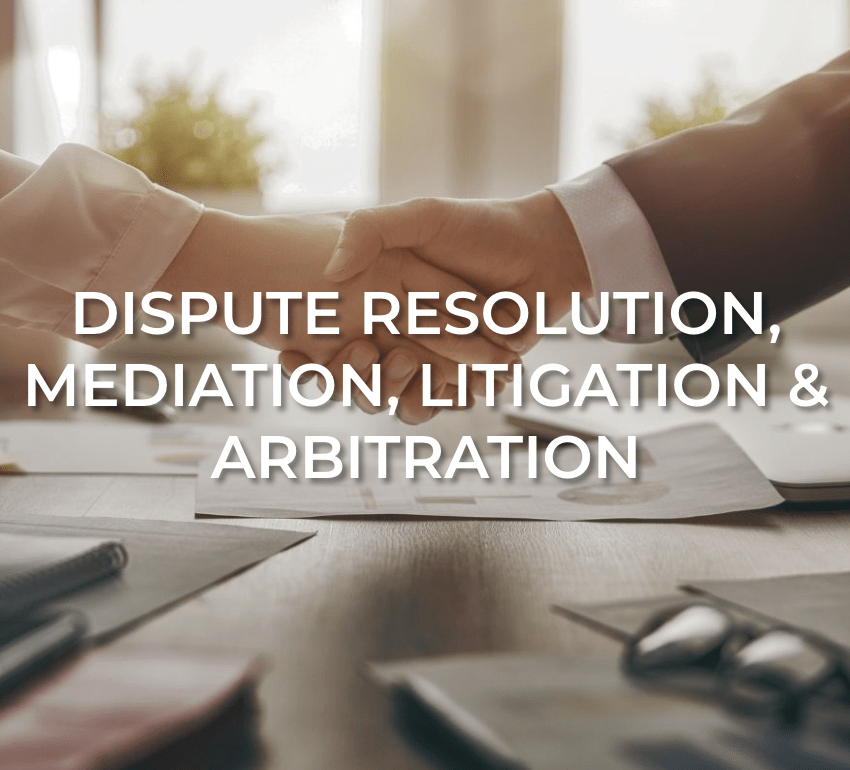

What Are The Most Common Problems Experienced By Investors When Purchasing Real Estate?
by Quatro Legal Real Estate Team | July. 7, 2024 | Article, Real Estate

Many of our clients start or end meetings by asking what they should be concerned with when buying real estate. Well over time, it has become very evident where are the pitfalls for investors and property buyers, so here is a simple reminder of what to stay away from.
The biggest problems investors encounter are the following:
a) Unqualified or unscrupulous attorneys that do not provide proper counsel or that defraud them. This is an important aspect of any type of real estate related decision and especially purchasing property, building a house, or developing land. The problem of working with the wrong attorney is rooted on the fact that while the lawyers in Costa Rica are licensed and under supervision of the Colegio de Abogados de Costa Rica – Attorney Bar -, it is hard to determine if someone is really a specialist or has the platform, structure, team, track record to advice. Many times, expat property buyers are provided a referral and don’t fact check it and start with the wrong foot. While the cases of a lawyer defrauding an investor are not that common, dealing with unqualified attorneys happens more often; therefore, interview your candidates. Ask them how long they have been in the legal sector, areas of practice, experience, staff, company they work for, number of transactions they do on yearly basis – someone knowledgeable will be in the three digits -, geographical areas they work in, and please, please, please, ask them to explain the purchase process like if you were a 10-year-old. If they are savvy real estate lawyer and practitioner, it should not be difficult for them to put on a show.
b) Squatters after leaving a property unattended for a long period of time. This is another one that when it happens you hear about it a lot and becomes a huge problem. However, in my experience, this is one that you may avoid – most of the time – and happens mostly on lots and vacant land. Professional squatters, meaning criminals, do their due diligence prior to securing a target and normally there is a profile they look for. For example, they search properties that are in foreigner personal names – this does not mean that corporations are not attacked -, because it is easier to impersonate the owner, the properties are usually late with their taxes and other municipal obligations, the owner does not visit Costa Rica frequently and may have left the property unattended for years, the property is not fenced or duly maintained and lacks utilities connected to it. It is easy to stay away from this problem by having a property manager or a law firm that offers a legal maintenance package to keep you in compliance or advance in time shall a threat exist your Costa Rican property.
c) Purchasing property with defects or flaws in its title chain, located in public and restricted areas or that has overlapping problems that could have been avoided with proper due diligence. This is connected with the first point indicated above about hiring the proper real estate lawyer to assist. A savvy real estate attorney will have and know how to perform a due diligence and probably will have on record a due diligence checklist to turn the property and seller around and find any issues with them. Please keep in mind that Real Estate Due Diligence is a process whereby the real estate attorney for a specific period prior to making the final decision to close on a property, systematically researches and verifies the legitimacy and accuracy of the title as well as the contingencies that could cloud it. The information, documentation and data come in many shapes and formats and mostly in Spanish which does not make it easy to comprehend; therefore, normally, the information uncovered is presented in a written report or brief containing a summary of all the key points needed to make an informed decision. Ask your legal counsel what the deliverables are. Due diligence is the most important and dynamic part of buying property in Costa Rica.
d) Not working with an experienced and professional real estate broker who is duly trained and registered with SUGEF. In Costa Rica, there are no regulations in Costa Rica governing real estate agents and no license is required. This means that anyone can act as, or call him or herself, a real estate broker or agent. For that reason, find a reputable professional who is registered with SUGEF and who has sufficient expertise, connections, training, qualifications, and actual property listings that justify him or her acting as an agent for you.
e) Being careless or overly confident in the Costa Rican ways. This advice has no legal content, but we see it happen a lot and therefore, we will say something about it. Remember Costa Rica is the happiest country in the world – or was – and it is full of Pura Vida Costa Ricans, so just be careful. Don’t enter into agreements lightly, don’t give money to anyone in advanced, be careful wherever you go and always ask your Costa Rican attorney or counselor how to proceed.
For more information please fill out the courtesy e-meeting form at the bottom. We will be glad to assist you!
Disclaimer: The information provided in this blog post is for general informational purposes only and is not intended to constitute legal advice. While we strive to ensure the accuracy and timeliness of the content, laws and regulations are subject to change. For the most accurate and up-to-date information, please contact our office directly. Some images may be AI generated.
Get To Know Quatro Legal

We’re bringing empathy and excellence back to legal counseling. Quatro Legal is built on a bedrock of kindness, a passion for service, and a commitment to guiding you through your legal challenges with ease.
OUR SERVICES
EXPLORE BY
category
REAL
ESTATE
CORPORATE
COSTA RICA
LIFESTYLE
LABOR & EMPLOYMENT
CLIENT
TESTIMONIALS
FREE TRADE
REGIME
All Rights Reserved 2023 | Privacy












